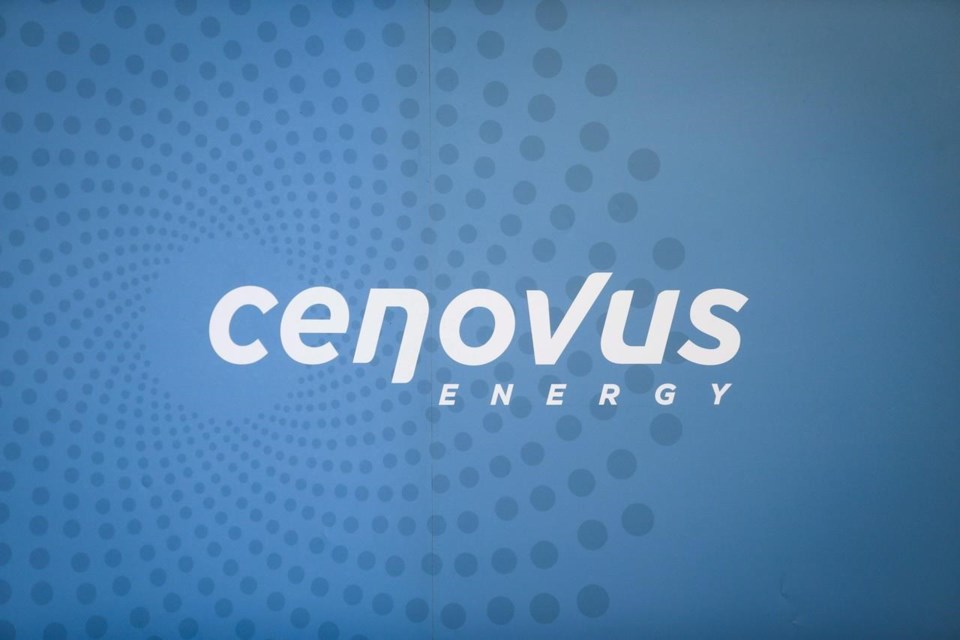CALGARY — Cenovus Energy has been able to restore almost all of its output in northwest Alberta it temporarily curtailed due to wildfires in May and June, but the company has still had to lower its overall production guidance for the year because of the blazes.
The Calgary-based energy company said Thursday it now expects upstream production for 2023 to be between 775,000 and 795,000 barrels of oil equivalent per day, down from its outlook last quarter of between 790,000 and 810,000 boe/d.
The change reflects the impacts of the out-of-control wildfires that burned across Alberta this spring and forced Cenovus to temporarily shut in 85,000 boe/d of natural gas and natural gas liquids production.
Cenovus' upstream production in the second quarter of 2023 was 729,900 barrels of oil equivalent per day, down from 761,500 a year earlier for comparison.
"It was a very wild quarter, no pun intended," said CEO Jon McKenzie, on a conference call with analysts, adding that while wildfire season is not over, the immediate danger to Cenovus facilities has passed.
"There are some wildfires in northeast B.C. (now), nothing around our actual assets," said McKenzie, who replaced outgoing CEO Alex Pourbaix in April.
"As you can imagine, with the amount of impact we had (in Alberta), there's not a lot of fuel left. There's not a lot left to burn and reactivate that risk for us."
The move to shut in production was precautionary, and no significant damage has been reported at any Cenovus assets, said McKenzie.
Production at all facilities returned to normal rates in late June, he added, with the exception of approximately 5,000 to 7,000 boe/d that remains currently offline at the company's Rainbow Lake facility due to electric power constraints from a third-party provider.
The company's refinery throughput averaged almost 538,000 barrels per day in the quarter as volumes ramped up following restart work at the Superior and Toledo refineries.
Both of those U.S. refineries have caused challenges for Cenovus recently. The company has incurred costs associated with the commissioning and restart of the Superior Refinery in Wisconsin, which has been closed since an explosion and fire five years ago. Cenovus acquired the refinery as part of its acquisition of Husky Energy in 2021.
The Toledo Refinery, which Cenovus acquired from BP, also suffered several unplanned outages and severe weather events last winter.
McKenzie said the company successfully got Toledo up and running in June, while Superior continues to ramp up.
"These assets are incredibly important and meaningful contributors to our integrated heavy oil strategy," he said.
"Our focus in the third quarter and beyond will be to operate them reliably, efficiently and profitably."
This report by The Canadian Press was first published July 27, 2023.
Companies in this story: (TSX:CVE)
Amanda Stephenson, The Canadian Press



